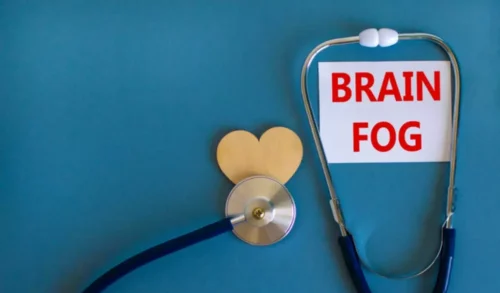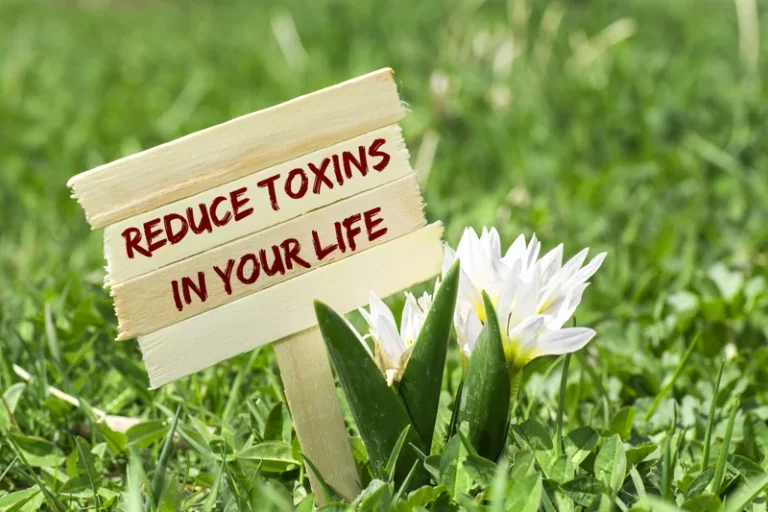Cravings, or deep desire for a substance, arise from alterations in reactivity patterns of nerves in the brain’s reward center. There is an important distinction between drug addiction vs. drug dependence. The term dependence refers to the fact that the brain has adapted physiologically to the substance of abuse. Dependence specifically refers to the effects of the process of neural adaptation to a psychoactive substance. It is a common feature of addiction, but not the totality of the more complex disorder.
Addiction vs. Misuse and Tolerance

People struggling with addiction usually deny that their drug use is problematic and are reluctant to seek treatment. An intervention presents a loved one with a structured opportunity to make changes before things get even worse and can motivate someone to seek or accept help. The best way to prevent an addiction to a drug is not to take the drug at all. If your health care provider prescribes a drug with the potential for addiction, use care when taking the drug and follow instructions. Alcohol is one of the most widely abused substances in the US. According to the National Institute on Alcohol Abuse and Alcoholism, in 2012, 17 million adults ages 18 and older had alcohol use disorder in the United States.
Signs of Abuse Related to Specific Drugs
- Independent of the addictive process, problems can also develop from the taking of any chemical substance.
- When you’re addicted, you may continue using the drug despite the harm it causes.
- Signs of opioid abuse may be hard to see clearly, especially in someone you love.
- Your doctor, your local poison center, or the emergency department of your local hospital may be able to help determine the seriousness of a suspected drug overdose.
Drug addiction can start with experimental use of a recreational drug in social situations, and, for some people, the drug use becomes more frequent. For others, particularly with opioids, drug addiction begins when they take prescribed medicines or receive them from others who have prescriptions. Drug addictions can be extremely costly, depending on the substance used. A person may repeatedly ask to borrow money from friends or family members or sell their possessions to maintain their drug addiction.

What are the chances my loved one could be addicted?

However, this article will outline common signs and symptoms to help you identify any potential issues. Drug addiction is an enduring and progressive brain condition characterized by relapse and the uncontrollable urge to use drugs. Individuals addicted to drugs typically start by experimenting with drug use. Over time, they develop a tolerance, requiring larger doses to achieve the desired effects. Some people fear that they may become addicted to medicines prescribed for medical conditions, such as painkillers prescribed after surgery.
- Individuals addicted to drugs typically start by experimenting with drug use.
- It is considered moderate in the presence of four or five signs.
- Rather than using the term “addiction,” the DSM-5 classifies substance use disorders.
- The recent rise in opioid deaths, for example, is attributable to a shift from prescription painkillers to the cheaper and often more readily available street drug heroin.
The higher the dose or the longer the exposure, the worse the poisoning. Two examples are carbon monoxide poisoning and mushroom poisoning. If you grew up with family troubles signs of drug use and aren’t close to your parents or siblings, it may raise your chances of addiction. Your brain is wired to make you want to repeat experiences that make you feel good.


